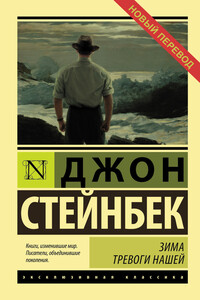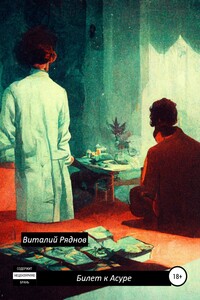Once there was a war | страница 22
A rumor has swept through the airfields that some powerful group in America has protested about the names of the ships and that an order is about to be issued removing these names and substituting the names of towns and rivers. It is to be hoped that this is not true. Some of the best writing of the war has been on the noses of bombers. The names are highly personal things, and the ships grow to be people. Change the name of Bomb Boogie to St. Louis, or Mary Ruth of Mobile Memories to Wichita, or the Volga Virgin to Davenport, and you will have injured the ship. The name must be perfect and must be approved by every member of the crew. The names must not be changed. There is enough dullness in the war as it is.
Mary Ruth’s crew sit on their bunks and discuss the hard luck of Bomb Boogie. Bomb Boogie is a hard-luck ship. She never gets to her target. Every mission is an abortion. They bring her in and go over her and test her and take her on test runs. She is perfect and then she starts on an operational flight, and her engines go bad or her landing gear gives trouble. Something always happens to Bomb Boogie. She never gets to her target. It is something no one can understand. Four days ago she started out and never got as far as the coast of England before one of her engines conked out and she had to return.
One of the waist gunners strolls out, but in a minute he is back. “We’re alerted for tomorrow,” he says. “I hope it isn’t Kiel. There was a hell of a lot of red flak at Kiel.”
“The guy with the red beard is there,” says Brown, the tail gunner. “He looked right at me. I drew down on him and my guns jammed.”
“Let’s go eat,” the turret gunner says.
NEWS FROM HOME
BOMBER STATION IN ENGLAND, June 28, 1943—The days are very long. A combination of summer time and daylight-saving time keeps them light until eleven thirty. After mess we take the Army bus into town. It is an ancient little city which every American knows about as soon as he can read. The buildings on the narrow streets are Tudor, Stuart, Georgian, and even some Norman. The paving stones are worn smooth and the flagstones of the sidewalks are grooved by apes of strollers. It is a town to stroll in. American soldiers, Canadian, Royal Air Force men, and many of Great Britain’s women soldiers walk through the streets. But Britain drafts its women and they are really in the Army, driver-mechanics, dispatch riders, trim and hard in their uniforms.



